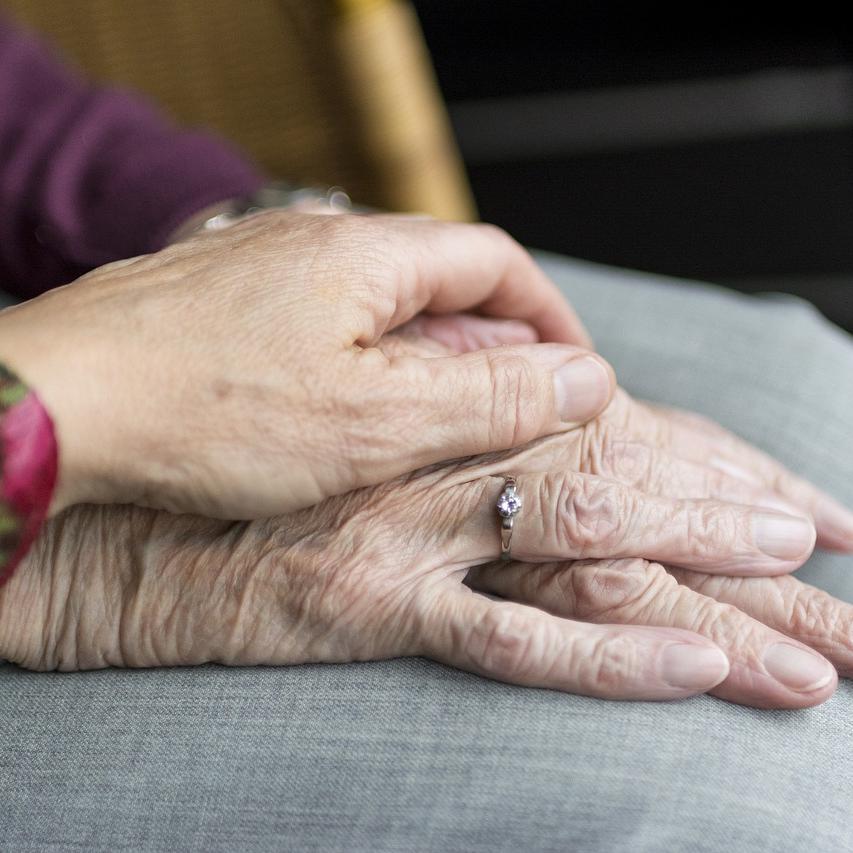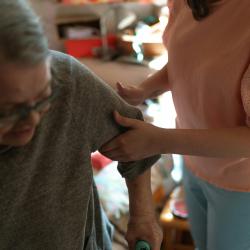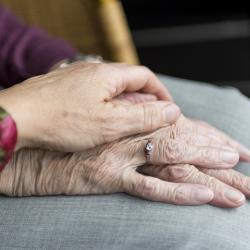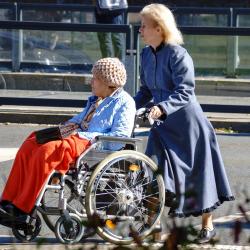Signs That Your Elderly Relative May Need More Help at Home
As our loved ones age, it's natural for them to encounter challenges that come with growing older. While many seniors relish their independence and can manage well on their own for years, there may come a time when they require additional support to maintain their quality of life at home. Recognizing when your elderly relative needs more help can be emotionally challenging, yet timely intervention can significantly enhance their well-being and safety. Here are some key signs that your elderly relative may need more help at home.
- Physical Decline
One of the most noticeable indicators that an elderly individual may need more assistance is a decline in physical health. This could manifest as difficulty with mobility, unsteadiness when walking, frequent falls, or injuries. You might also notice unexplained bruising or a reluctance to move around the house, indicating that they may be struggling physically. Additionally, decreased strength and endurance can make everyday tasks like cooking, cleaning, or climbing stairs exhausting or even dangerous.
- Neglected Personal Hygiene
A decline in personal hygiene can be a subtle yet significant sign that your elderly relative is struggling. If you notice changes such as unwashed hair, unclean clothes, body odor, or dental neglect, it may indicate that they need assistance with daily self-care routines. Sometimes, these changes are due to physical limitations, depression, or cognitive decline, making it important to approach the subject with sensitivity and support.
- Weight Loss or Poor Nutrition
Unintentional weight loss or noticeable changes in eating habits can signal that an elderly person is not getting enough nutrition. This might happen because of difficulty cooking, loss of appetite, forgetfulness, or even financial constraints. Checking the refrigerator and pantry for expired or minimal food supplies can also indicate that they may need help with shopping, meal preparation, or managing their diet.
- Cognitive Changes
Cognitive decline is a common concern as people age, and it can range from mild forgetfulness to severe dementia. Look for signs such as memory lapses, confusion about time or places, difficulty following conversations, or frequent misplacement of items. Cognitive changes can significantly impact an individual's ability to manage medications, finances, and other essential daily tasks, necessitating increased support.
- Social Isolation
Elderly individuals who have become withdrawn or show reluctance to engage in social activities may be silently calling for help. Social isolation can stem from physical limitations, mental health issues, or losing interest in activities they once enjoyed. Encouraging social interaction and regular communication can improve mental and emotional health. However, persistent isolation might indicate a need for additional in-home assistance or community support services.
- Household Neglect
A once tidy home that has turned cluttered, dirty, or disorganized is often a sign that your elderly relative is struggling to keep up with household chores. Accumulation of unopened mail, unpaid bills, or neglected maintenance tasks can indicate that they require help managing their household. This could be due to decreased energy, cognitive difficulties, or simply feeling overwhelmed by the demands of upkeep.
- Emotional Changes
Pay attention to changes in your elderly relative's emotional well-being. Increased irritability, mood swings, anxiety, or symptoms of depression can signal underlying issues. Often, these emotional changes are linked to feelings of loneliness, helplessness, or fear about aging. Addressing these emotions with compassion and seeking professional support if necessary can greatly improve their mental health.
Conclusion
Recognizing the signs that your elderly relative may need more help at home is crucial for their safety, health, and happiness. By staying attentive to changes in physical health, personal hygiene, nutrition, cognitive abilities, social involvement, household management, and emotional well-being, you can provide timely support and resources that promote their independence and quality of life. Whether it's arranging for in-home care, meal services, or regular health check-ups, your proactive approach can make a significant positive impact on their aging journey.






















